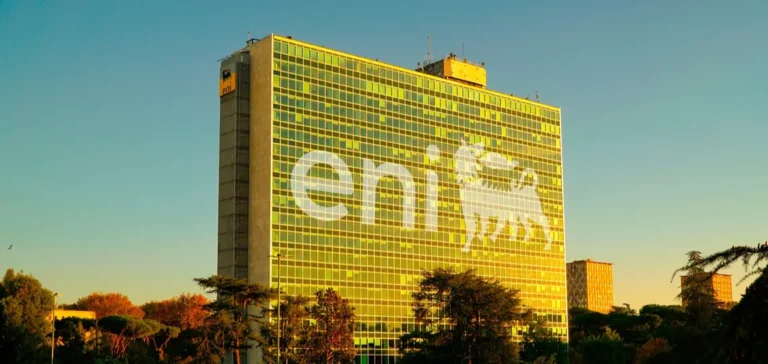The Italian company Eni could increase the size of its share buyback programme in 2025, as its second-quarter results exceeded market forecasts. Chief Executive Officer Claudio Descalzi indicated that a positive trend in the first half of the year could allow the programme, currently set at a minimum of EUR1.5bn, to be expanded.
Adjusted profit and declining debt
For the period from April to June, Eni reported an adjusted net profit of EUR1.13bn ($1.33bn), down from EUR1.52bn the previous year but above analysts’ estimates of EUR0.93bn. Lower oil prices and a weaker US dollar weighed on results, but strong gas activity and cost reductions helped offset these pressures. The company also reduced its net debt and lowered its financial leverage from 22% to 19% in one year.
Eni’s share price rose by 1.8% during the session, outperforming Milan’s main index, which gained 0.3%. Eni also raised its annual targets for the Gas and Liquefied Natural Gas (LNG) division due to this favourable momentum.
Outlook and management
Claudio Descalzi reiterated that Eni’s strength lies in its team of experienced managers and that the company has a clearly established succession plan. Eni is preparing for the end of the chief executive officer’s term, scheduled for May. Asked about management continuity, Descalzi stressed the importance of the current team and specified that the ongoing buyback programme is only a minimum threshold.
Increased production and strategic agreements
By the end of the year, Eni plans to accelerate hydrocarbon production and finalise a major agreement to combine its gas assets in Asia with Malaysian company Petroliam Nasional Berhad (Petronas). This partnership is described as transformative for the group’s Asian operations.
In the chemicals sector, Eni expects to reap the first benefits of its ongoing reorganisation, as the company decided to bring forward the closure of its two steam cracking facilities in Italy due to ongoing challenges in the European petrochemical market.






















